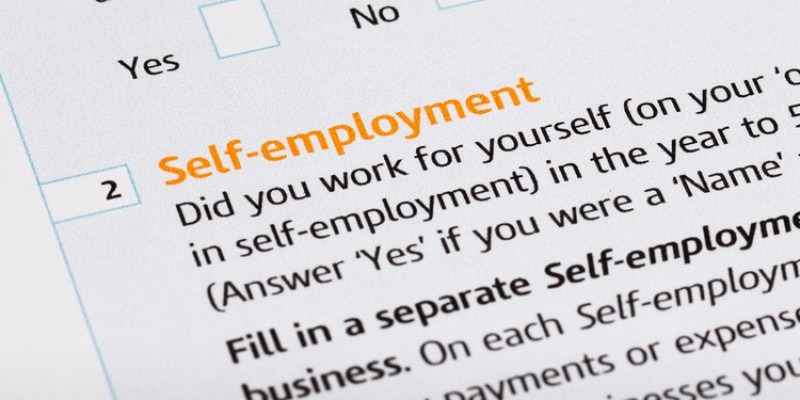
Is the grass greener in the world of self-employment? It’s a question that many employees may be asking themselves, particularly if there is growing unhappiness in the workplace.
There could be any number of reasons why someone might be feeling disengaged with their work or employer. Whether it is poor management or a toxic business culture, lack of team cohesion or feeling undervalued, low pay or no prospect of advancement, the decision to leave a secure job in order to go freelance is a huge step.
So, what exactly are the pros and cons of going it alone? Let’s take a closer look.
What are the main attractions for setting up on your own?
For most, if not all, self-employed professionals, it’s the freedom to be their own boss that propels them to want to strike out on their own. This includes having the flexibility to choose
- When to work: Hours of work can fit around other commitments, as long as the work gets done. Some people are early birds or night owls, some may have children to look after, others like to take long weekend breaks. None of it has to be an issue.
- Where to work: These days, many office-type jobs can be carried out remotely - from home, a co-working space, a café or even a foreign country. All that’s needed to be able to work is a laptop or mobile device and a secure, reliable internet connection.
- With whom to work: Being one’s own boss means having the power to pick and choose projects and work assignments. What’s more, there is complete freedom in developing an individual approach to pitching for business, developing fruitful clients and business relationships, and creating a personal brand.
- How much to charge: In many types of work, there is the potential to make more money by going solo. From self-employed electricians to independent estate agents and beyond, it is absolutely possible to earn a comfortable living by successfully working on one’s own.
What are the disadvantages of working for yourself?
On the downside, going freelance can be a daunting prospect - a leap in the dark without having the security of consistent work or the add-on benefits that come with employed status. It is certainly not for the faint hearted. The main risks are:
- Uncertain workflow: Without a regular monthly paycheck coming in, finances are likely to fluctuate wildly. What if there is no freelance work? Or too much? What if a client suddenly changes their mind? Self-employment means being at the sharp end, without the benefit of a safety net.
- No external support: Working in a team can be a powerful motivator that drives performance. Going solo, by contrast, means total self-reliance, which can be hard work. If there is insufficient motivation to complete projects on time, chase new jobs or old debts, business success may be slow.
- No job security: Being an employee comes with the protection provided by a large body of employment law including sick pay, annual leave, maternity leave, discrimination protection, working time rights and more - none of which apply to self-employed people. Neither do workplace pension schemes.
- Having to do it all: Being self-employed means carrying out all business functions. From financial management and tax returns to digital marketing and IT support, not only does this require a ton of extra skills, the time to manage all areas is pure expenditure.
- Loneliness and isolation: Finally, going solo can be a lonely experience. Without the opportunity to discuss work projects, share news, improve skills or just have a joke with a colleague, those who don’t work in a regular workplace environment can struggle with their mental health.
The decision to leave paid employment and go freelance needs to be carefully weighed up, since there’s a flipside to every benefit self-employment can bring. Whether or not it is the right choice depends on the individual, their character and their motivations.
Those who feel unsupported and undervalued in their job may reluctantly seek validation and reward outside the traditional employed status model. Others will always prefer the freedom of being able to make their own decisions, which will drive long-term ambitions to be their own boss.
- Log in to post comments
